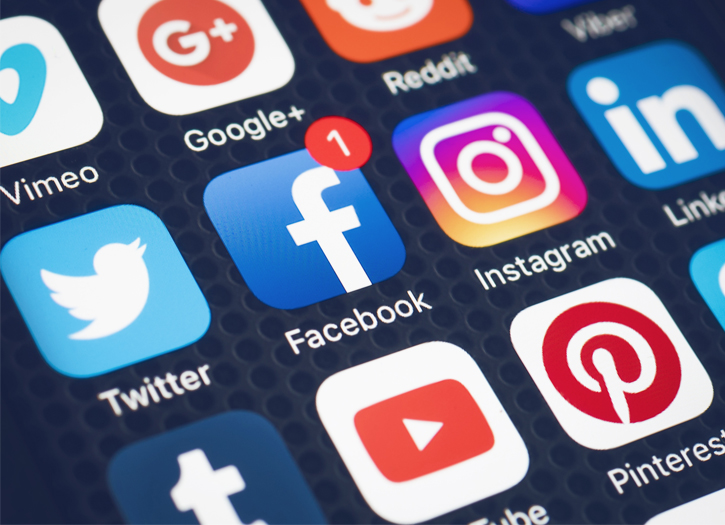There are risks that affect your mental health when your screen time isn’t managed properly. In this article I will share tips to help manage your time and protect your mental health. Depending on social media for news and current events, three things occur:
- Misinformed- Some people use social media as their official news resource as opposed to local news for current events and information. We depend on our friend’s newsfeed on Facebook and Twitter for the latest updates. Social media reporters and social media experts for all things news and current events is what some prefer because they have to stay connected to the digital world on a constant basis. Pew research center reported 62% of people get their news from social media sites. Is this always the right information? (Risk) No, because people tend to enhance social media news further than what was actually reported or researched.
- Social media algorithms– an entire separate issue. Social media sites show in the newsfeed the culture of the person’s clicks and may only show topics relevant to the person’s likes, shares, comments and interests, posting the same topics repeatedly. If the person doesn’t bother clicking the link to read the article for themselves, they depend on the caption or the article’s title to influence their feelings about the article, leaving them more absent from the facts. (Risk) The result, people not receiving the actual facts and/or the official report and not forming their own, but the persons opinion of the issue.
- Mental health risks– include the heightening of emotions triggering anger, anxiety, depression and sadness due to what’s trending on social media. (Risk) Individuals are now carrying their own and all of their social media friend’s emotions.
How can I learn to concentrate better and find a balance between normal life and digital distraction?
Social media can make the loudest noise. Replace digital time with other soothing activities other than social media by shutting the noise off. It all boils down to emotional management. For a person with weaker emotional abilities here are a few tips to help balance and stay focused on what’s important.
- Morning routine- devotion, exercise, eating breakfast, writing daily goals
- Schedule digital time. This includes social media time and phone time in general. Make phone time 30 minutes or an hour at certain times throughout the day, perhaps once or twice per day.
- Quiet time- meditation, nap, reading, classical or instrumental music
- Do something you enjoy doing- family time, hobby, side hustle, volunteering.
- Gratitude journal- write down three things you’re grateful for before going to bed.
This feature was submitted by Abeni Celeste Scott, M.S.
Abeni C. Scott, born in Miami, Fl is a retired Army Veteran and has a Masters of Science in Professional Counseling. She is Co owner of a business brand known as “Positive Living” transforming distressed minds into positive ones by practicing mindfulness and meditation. Celeste has held positions as Case Manager, advocating for women and families in crisis, Program Supervisor, at an adult foster home serving people with mental and intellectual disabilities. She is an Author of three books including a bestseller. Celeste has a Facebook community called “Thursday Talk on the Red Couch” encouraging and inspiring women to find and live in their purpose. Celeste is PR Director of the organization Camouflaged Sisters, a group of military women sharing, revealing and healing from their military experiences.
Follow Abeni Celeste Scott, M.S. by visiting the official Butterflies Prospering Wellness website. You can also follow them on Facebook @21 Days of Positive Living, on Instagram & Twitter @PositiveLivin21







Add Comment